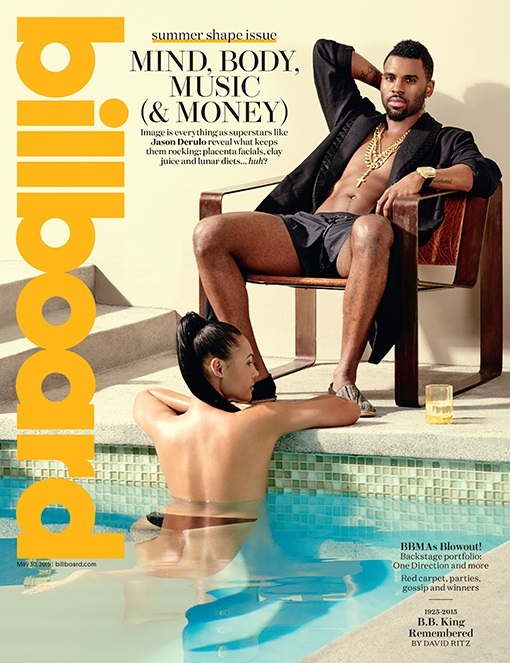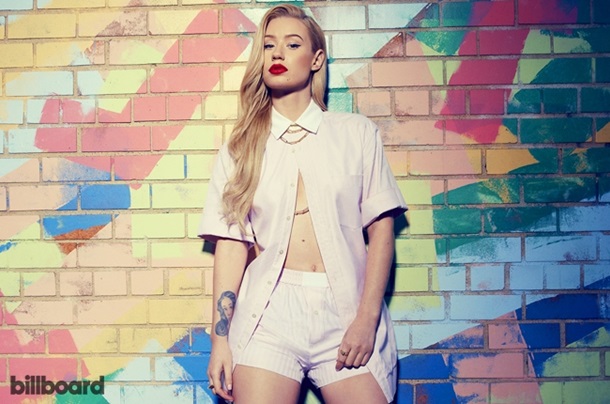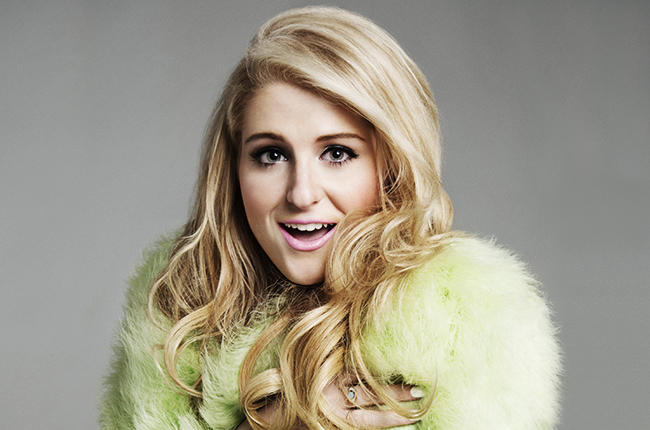Miley Cyrus: Because, frankly my dear, Miley Cyrus
I, hands down, could not write a blog about women in pop music without including Miley.
It has been almost two years since the infamous MTV VMA performance that spawned a million twerking memes. Giant foam hands were violated. Tongues hung out of mouths. Robin Thicke’s career bombed. And Miley Cyrus cleverly used the ensuing melee to her advantage; she shed the Hannah Montana cocoon she’d been swaddled in since 2006 and emerged as a not-of-this-world kaleidoscopic creature, complete with butterfly-shaped nipple pasties.

Miley Cyrus performing at the 2015 Adult Swim Upfront Party (Photo by Dimitrios Kambouris/Getty Images for Tuner)
I say, not-of-this-world, and then again I think: she is actually so inherently of this earth – her finger is so deftly on the pulse of what matters most to young people today – and so unhindered, so real, that she seems other-worldly and incandescent. There’s no one like her.
I might gush now, but it hasn’t always been that way. Too old to care about her days as a Disney teen star, I approached 2013’s MTV VMA performance with mild curiosity tempered by a slew of indifference. Sitting naked atop a wrecking ball and seductively licking sledgehammers in her video clip didn’t seem all that shocking, or relevant, to me.
But over the years, my appreciation for Cyrus has grown.
Like her fellow Free The Nipple campaign supporter, Australian actress Caitlin Stasey, Cyrus has worked to change the perception of female nudity in society. For so long the female body has been framed as a commodity: to sell products and a particular image to women, and to purvey sexual fantasies for men. Cyrus (like Stasey) believes in a woman’s right to own her own body and to exhibit it on her own terms.
This is an important and powerful message for young women. Yes, second-wave feminism has been and gone, but the third wave is now, and it’s thriving. The trajectory of Cyrus’ career could have gone either way after the VMA’s, but thankfully it skyrocketed and that’s a tribute to her ability to carry a relevant and much-needed message for young people.
This month, Paper magazine featured Cyrus on its cover, and published a brilliant piece on the 22 year-old pop idol. It not only discussed her own sexuality, which she deemed to be “fluid”, but also talked about her new venture: the Happy Hippie Foundation. Inspired partly by the death of Leelah Alcorn – a transgender girl who committed suicide late last year – Cyrus launched the foundation in an attempt to raise funds and awareness for homeless and LGBT youth.
People of all ages, but especially young people, need to know that difference is something to be celebrated, sexuality is to be embraced – for both men and women – and that it’s OK to love your body because, to quote Zeitgeist Girl, Lena Dunham, your body is a “tool to do the stuff” you need to do, and not the be all and end all of your existence.
On that note, I’m out.
Thanks guys – it has been fun 🙂
Steph


